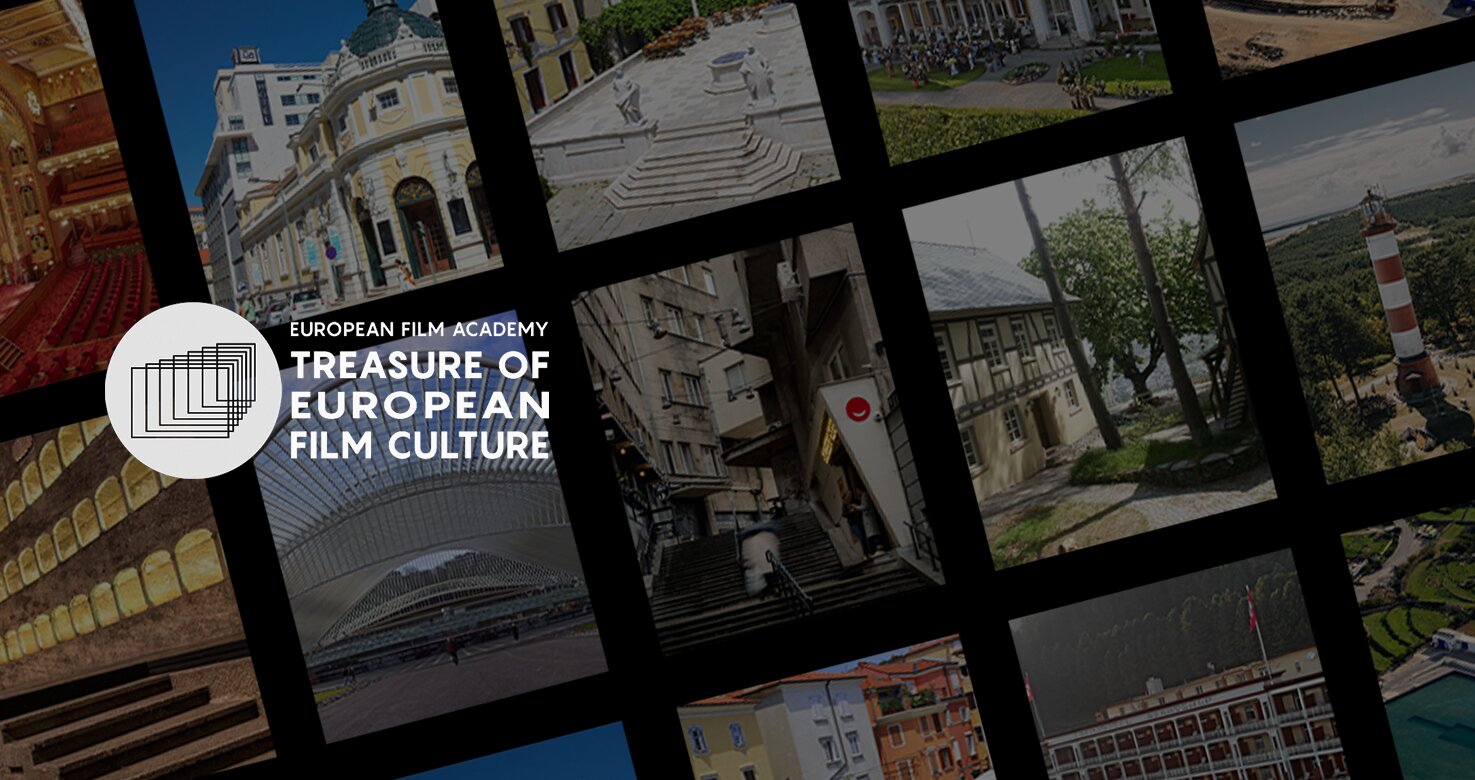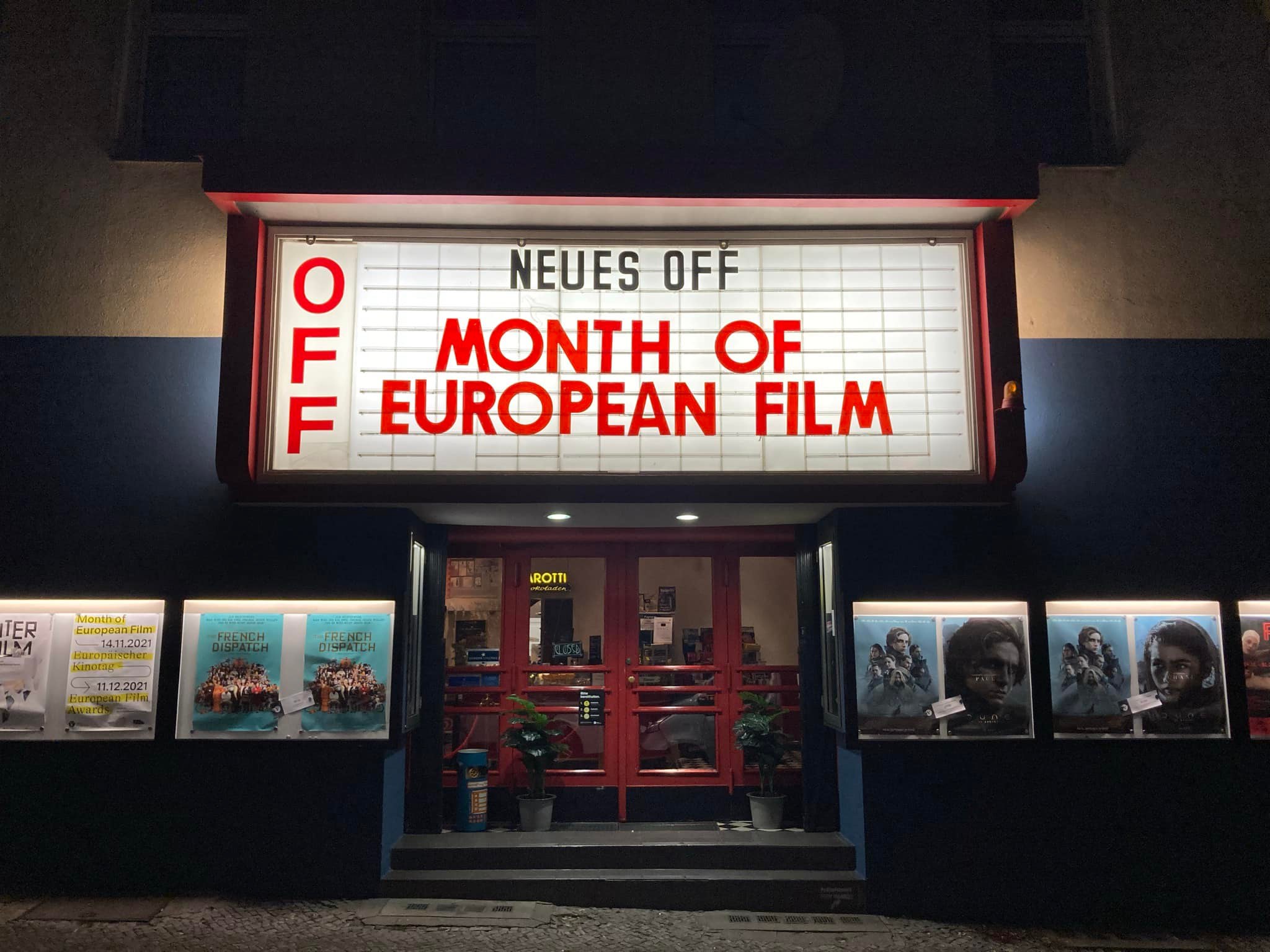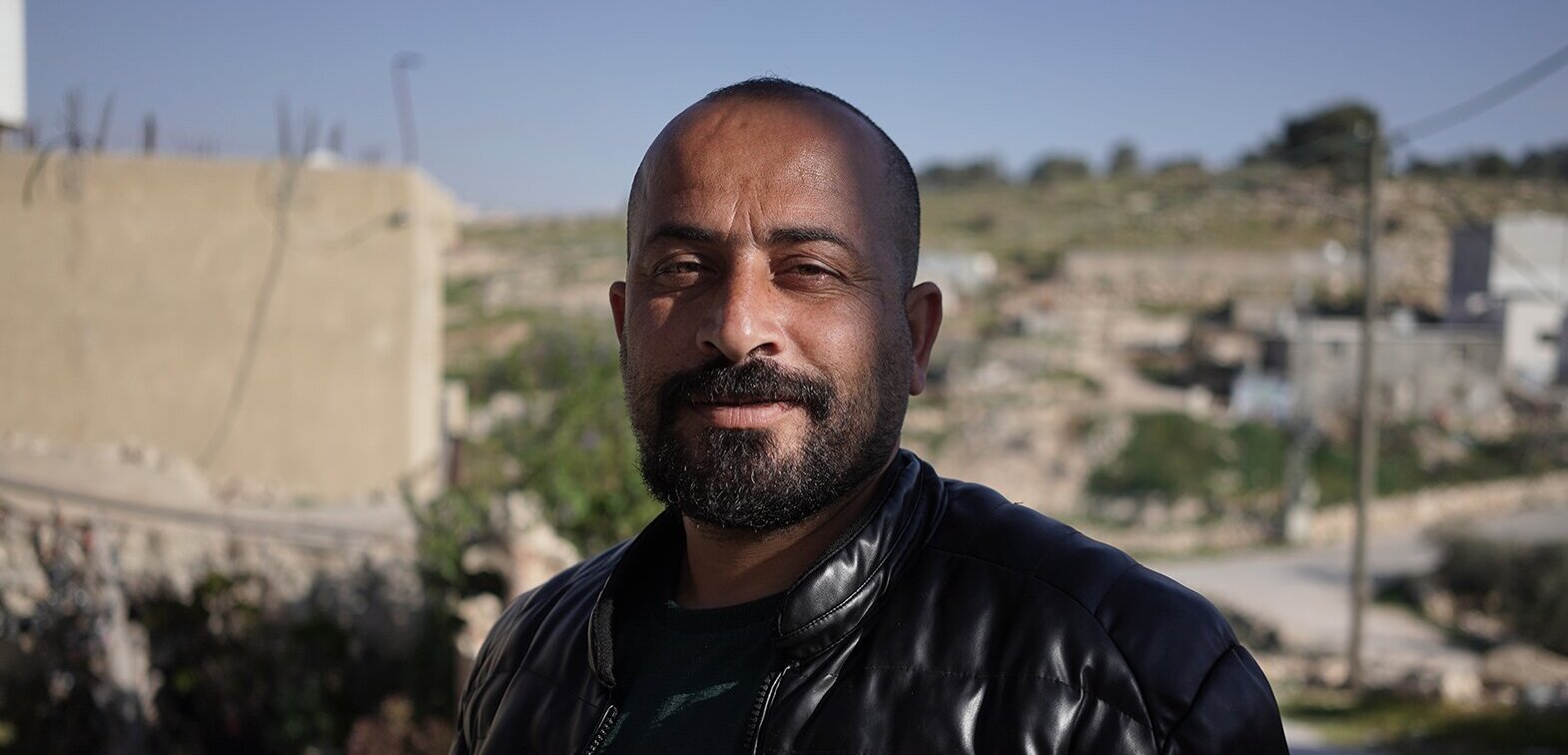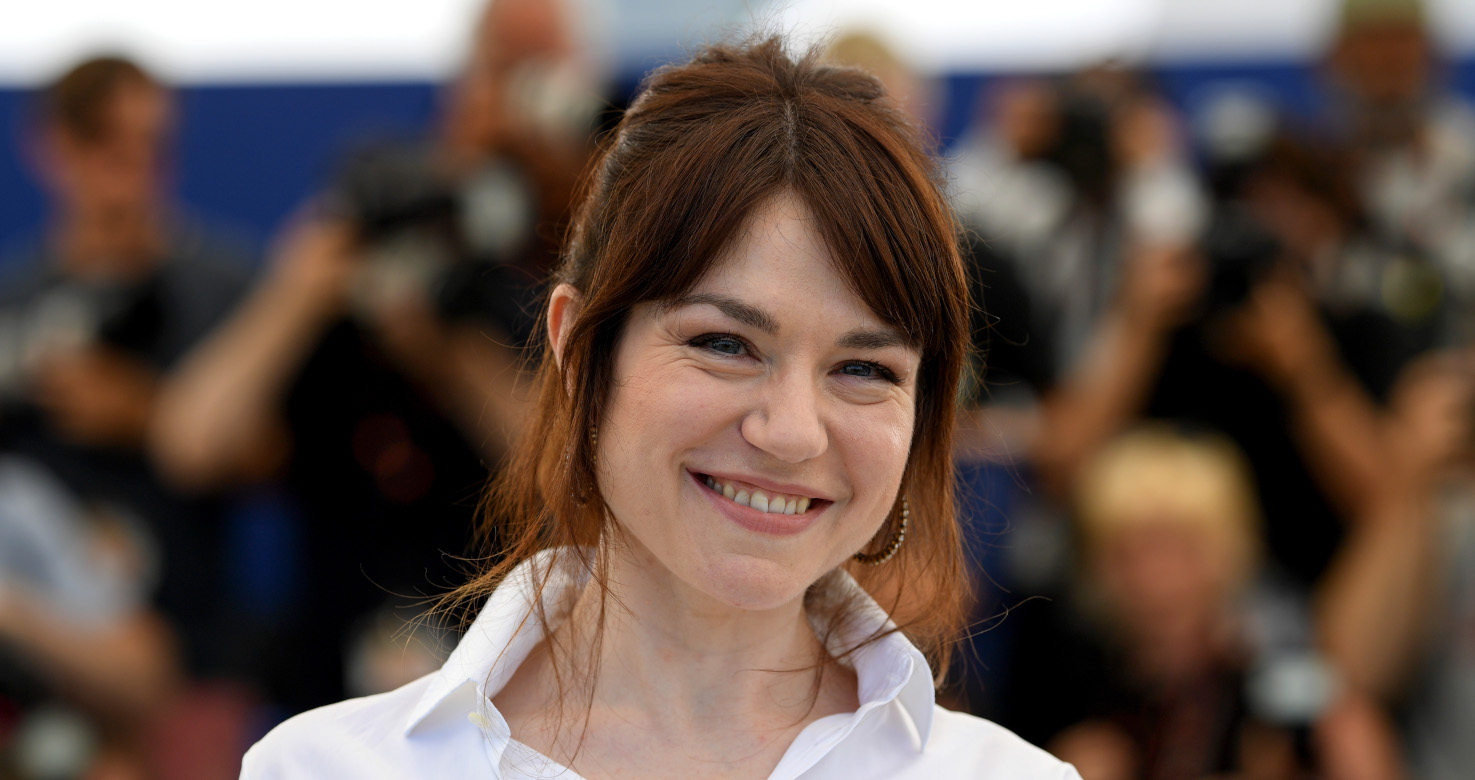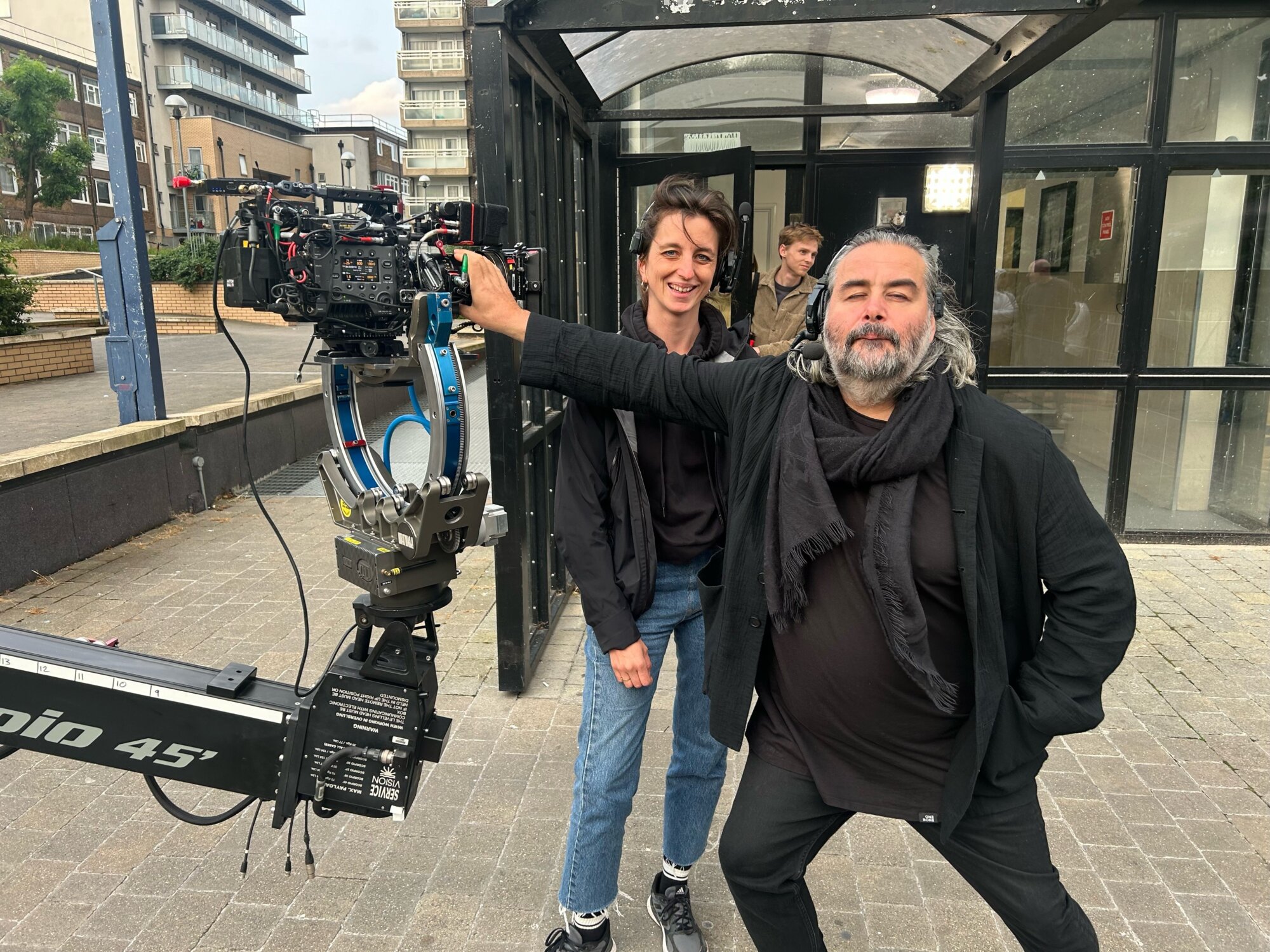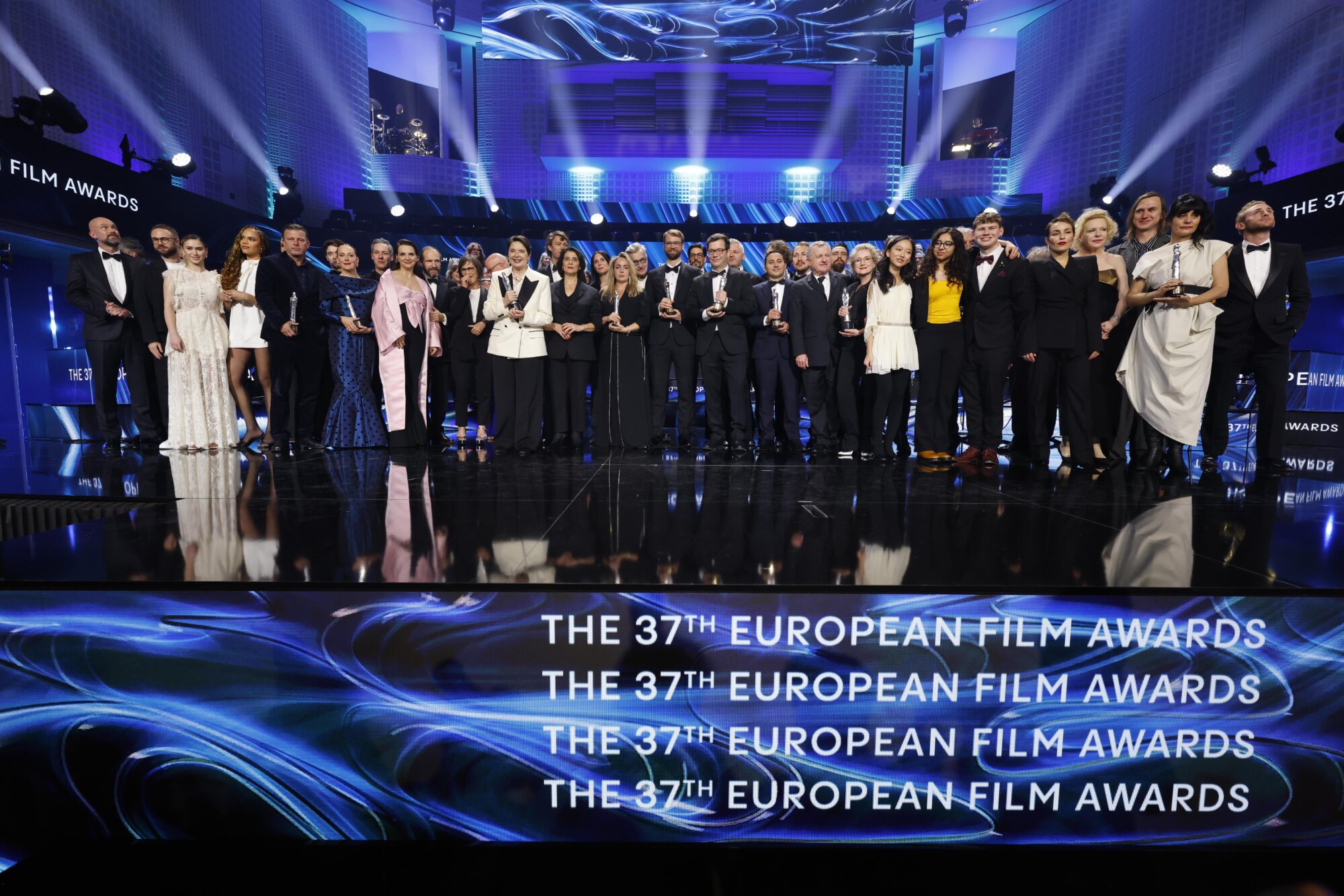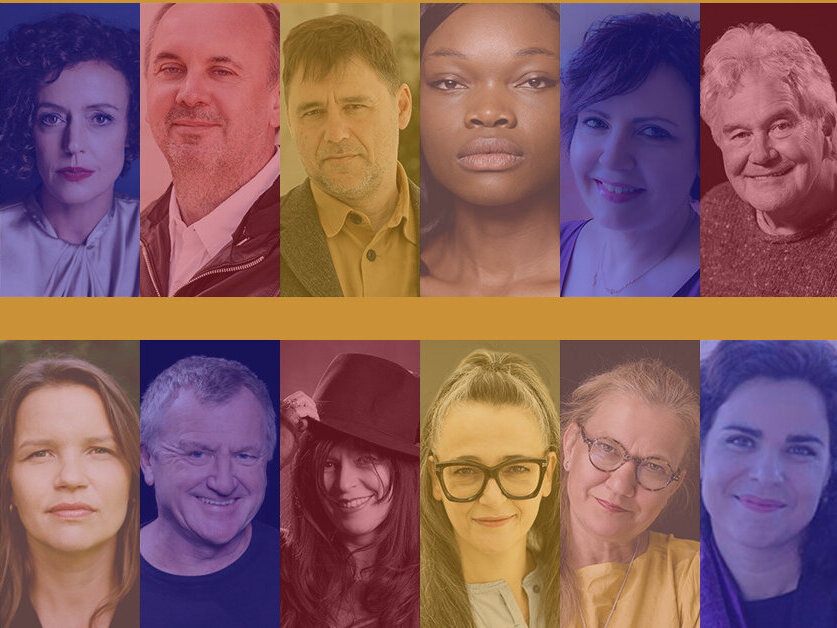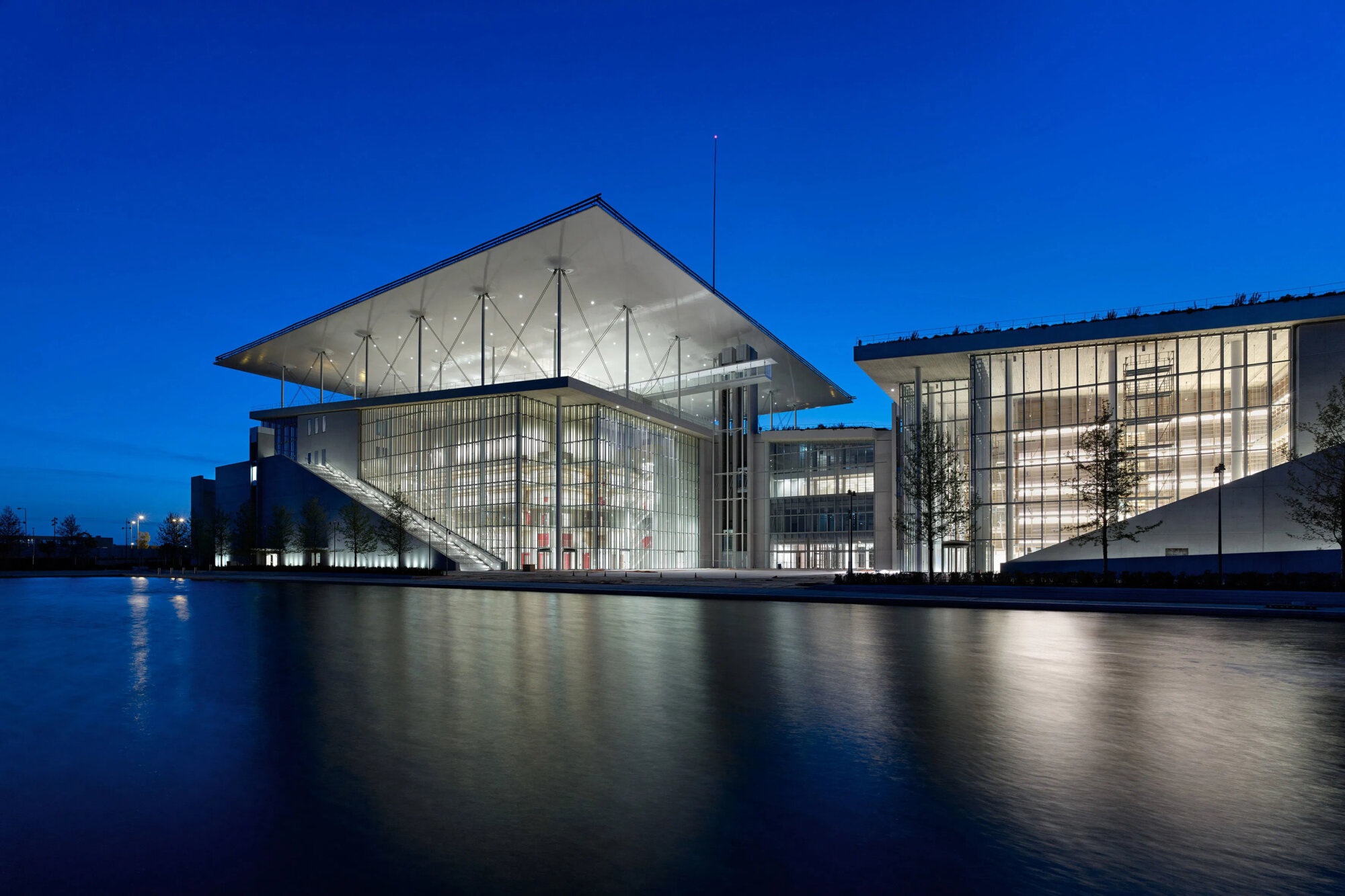DIRECT ACTION
DIRECT ACTION
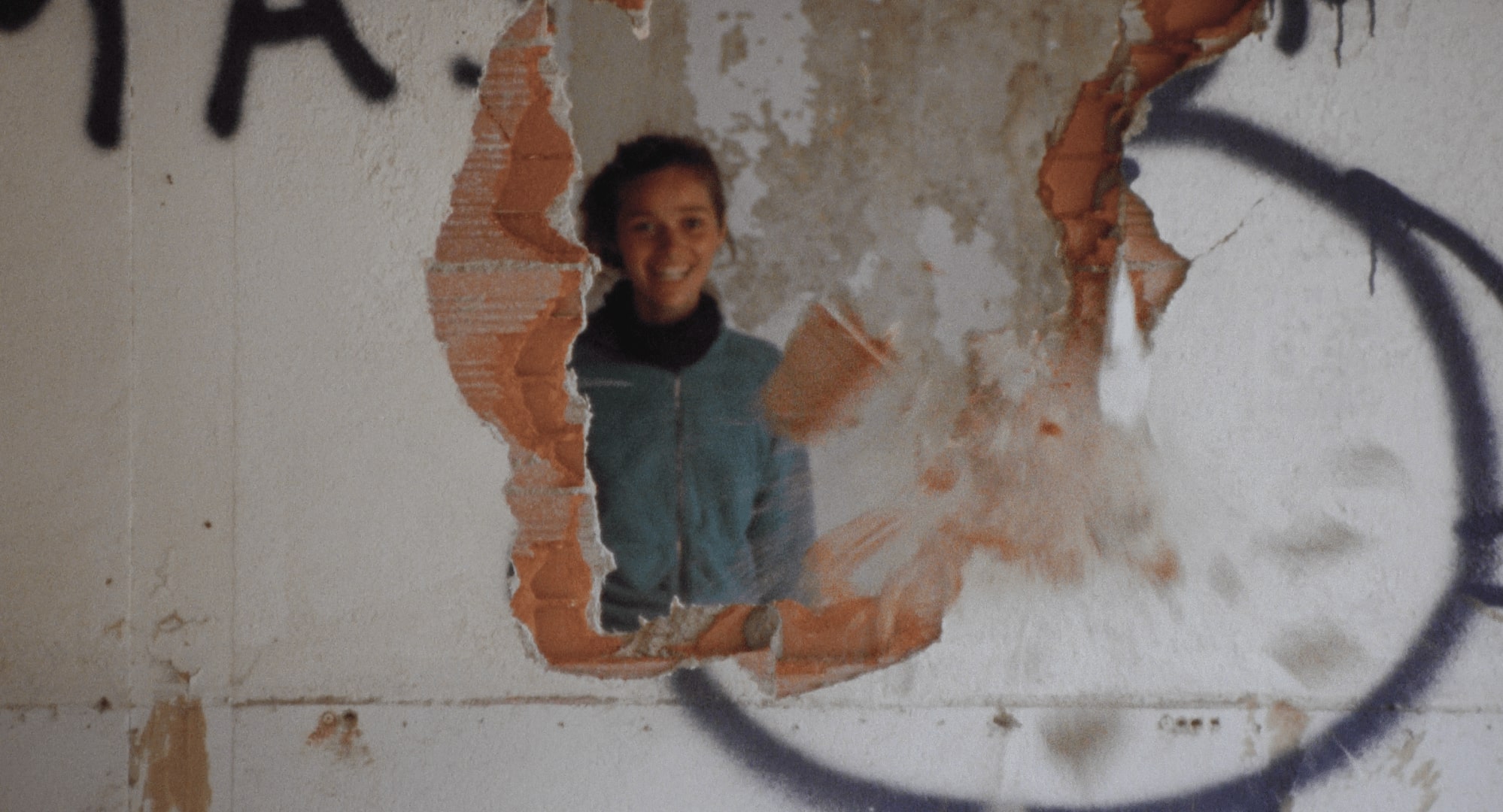
DIRECT ACTION
Germany, France
SYNOPSIS
Taking its title from the tactical protest strategy of the same name, “an action that seeks to achieve an end directly and by the most effective means”, DIRECT ACTION documents the everyday lives of one of the most high-profile militant activist communities in France and asks whether the success of a radical protest movement can offer a path through the climate crisis.
CREDITS
Written & directed by: Guillaume Cailleau, Ben Russell
Produced by: Guillaume Cailleau, Michel Balague
Cinematography: Ben Russell
Editing: Ben Russell, Guillaume Cailleau
STATEMENT OF THE DIRECTORS
This work comes from a much larger moment of climate anxiety, cultural struggle, political uncertainty, and increasingly dark optimism. By choosing the ZAD (“zone à défendre”, “zone to defend”) as our subject in the period after its struggle was victorious, it was our intention to bear witness to a viable artistic, intellectual, communal, civic and social path forward through the ecological crisis. Little did we know that a new ecological movement – “Les Soulevements de la Terre”, “The Earth Uprisings Collective” – would bubble up from the surface of the ZAD during this time, exploding into the present and redefining what was to come.
Ben Russell had relocated to France from Los Angeles in 2019 and, given his long-standing inquiry into the utopian possibilities of collective living – as evidenced by his time amongst Saramaccan villagers, underground music scenes, and Baltic communes – he was quickly drawn to the ZAD as both a conceptual and physical site. He contacted his friend/collaborator/co- producer Guillaume Cailleau, a French filmmaker and producer based in Berlin, about collaborating on a film at the ZAD in Notre-Dame-des-Landes. Guillaume had grown up in the rural environment of Western France and had maintained a keen interest in examining systems of production and resistance – and his answer was a quick and resounding “yes”: It was on our first visit to the ZAD that we found a diverse collection of political thinkers, utopian dreamers, militant hardliners, organic dairy farmers and children of all ages spread across a swath of forest and farmland in the rough shape of an airport that was never built. While the occupied land of the ZAD is fairly modest as landscape, to be present at any point on the ZAD means to be physically aware of the alternative timeline that development proposes had the airport been realised: the collective bakery would be a gift shop, the dense birch and oak forest a runway. The wetland populations of great crested newts would no longer exist, and the week-long symposium of radical bakers would never have taken place.
In the context of this particular resistance movement, all minor points become major. In order to gain access to this community of 10+ collectives and individuals, it was necessary to make bimonthly visits of 1-2 weeks over the course of a year. These visits involved eating and sleeping on-site and working alongside members of the ZAD as they cut wood, weed community gardens, destroy walls and bake bread. It was important to be present in the ZAD in order to feel the time of the ZAD and, given the ZAD’s critical relationship to media representation and its over-saturation during the peak moments of 2012 and 2018, it was essential to move slowly and deliberately in working alongside this diverse group. As filmmakers, we have always understood that form and content are directly aligned and, because of this, it felt especially exciting to be working with a population for whom action and ideology are inextricable. Utopia is necessarily a common cause and cinema is one of the best places for it to be realised – a time that is always arriving, always present, always receding. For these reasons, cinema is the best vehicle for interrogating, presenting, and recreating in-and through the environmental uncertainty of Right Now.
- Documentary Film Selection 2024

